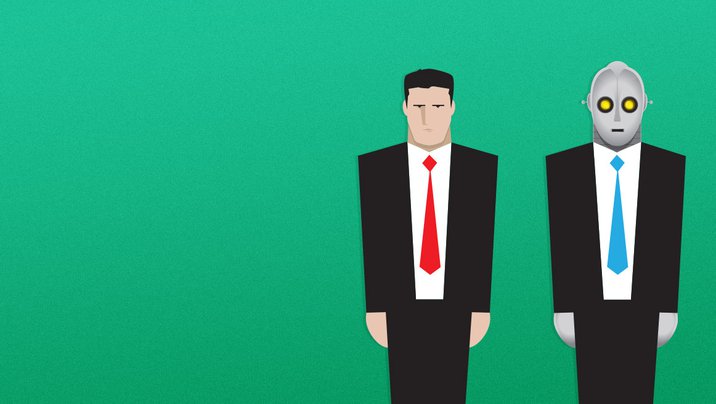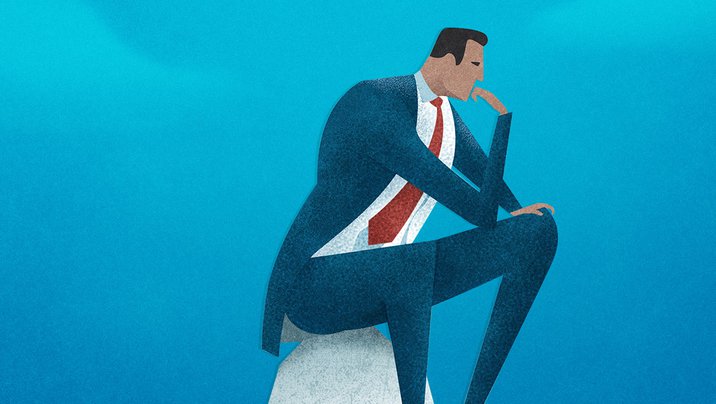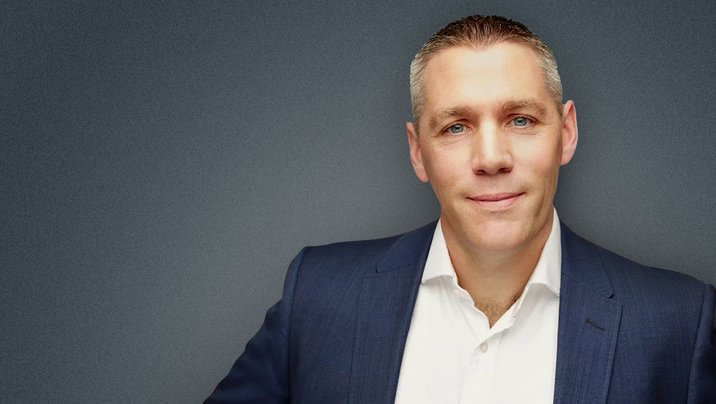Vast numbers of sales people are about to be culled.
There is a massive downsizing (or rightsizing) ahead for the sales profession, and if you are currently working in a B2B sales role, or if you are planning on making a career in sales, then you had better read this post carefully.
We are constantly hearing that the power has now shifted to increasingly demanding customers many of whom are now undergoing some form of 'vendor rationalisation' in an attempt to drive costs down by doing “more business with less vendors”. This is one part of what is now a major game changer for vendor sales people.
Virtually every business on the planet has some means by which to rank-order its suppliers-vendors in terms of strategic importance or level of priority. Businesses now pay increasing attention to what is often referred to as their ‘vendor stack’ and the myriad of costs associated with managing vast numbers of vendors. Vendor rationalisation means that businesses are now reducing the sometimes huge number of suppliers that make up each and every customers vendor stack. In fact, it’s not unusual for large scale enterprises to have a 'vendor stack' that comprises over 1,000 separate vendors for technology products and services alone.
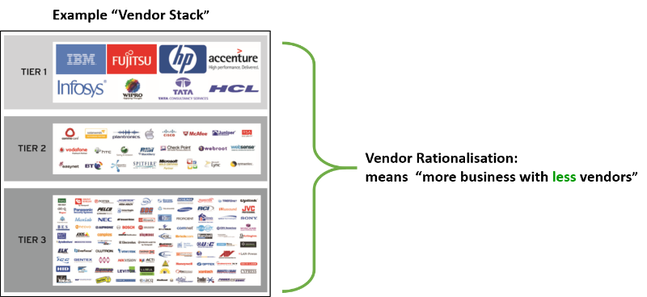
So what does this mean for sales people? With buyers now actively rationalising vendors, it will naturally become even harder for sales people to find and win new customers. Importantly, sales people are also likely to face the reality of losing more customers to competitors that have a 'substitute product’ that is deemed good enough. CIO's now want simplicity and agility.
According to Forrester Research, there are roughly 4.5 million B2B sales roles in existence today. Like the vendor stack, sales roles can also be categorised into a stack except my version of this stack is better represented as a pyramid. Elite sales professional (ESP’s), or A-Graders as they are known, are the increasingly rare minority at the top of the pile, with the majority of sales people now currently falling below the line into the “under performers” category. According to Harvard Business Review, “63% of all salespeople are considered to be under-performers”, and in my experience the percentage that is deemed to be under-performing is getting higher each year.
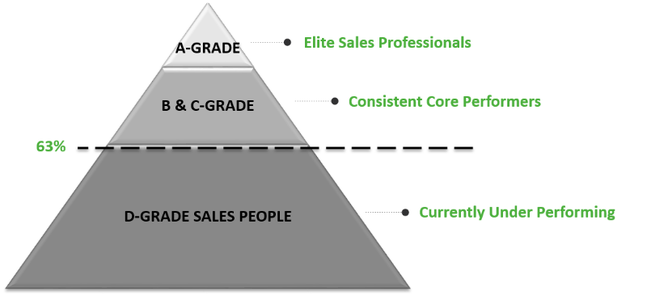
Combine the above HBR statistic with what both Gartner and Forrester have said recently and the picture starts to look pretty bleak of those under-performers:
Think about this in the context of where technology innovation is now taking us – Artificial Intelligence, Robotics, Machine Learning, Internet of Things, Big Data, Predictive Analytics and so on. Some of this technology will no doubt assist those fortunate sales people that survive the culling to do their jobs more effectively, however, the corresponding view is that these new technology enablers will also mean that customers won’t need sales people to help them solve their problems. Of course, technology has always automated certain manual tasks and this is more of the same., except that most of the sales profession seems completely oblivious to what is unfolding right in front of them. Nice segue (if I do say so myself) into my next quote:
One of LinkedIn's foremost B2B sales thought leaders – Mr Tony J. Hughes supports this view. Tony believes that 30% of B2B field sales people won't have jobs in professional selling by 2020, and I support this view.
- Vendor rationalisation means less sales people needed.
- Supply outstripping demand means less sales people needed.
- Increasing commodification for products means less sales people needed.
- Technology driving self-service transactions or 'straight through processing' mean less sales people needed.
So, in case you missed it, the writing is on the wall for the sales profession. The big “cull” is coming. If you working in a sales role and currently struggling to create consistent performance against targets then I strongly advise you to think seriously about your career direction. To ensure that you are not in the bottom 30% of the pyramid I would urge you to begin to take ownership of your self-development. Educate yourself rapidly about what is happening in the business world so that you can at least be seen as professional. Start to seriously utilise social media channels to make new connections, gain new insights and gain better control of your destiny. As John Smibert wrote recently, sales people MUST develop their personal branding. “A well -constructed and authentic personal brand sets you apart. It enables you to leverage that extra value – to distinguish yourself from others so you can grow your business relationships, your client base and your business”.
Apologies if the concept of a “cull” seems inappropriate to anyone reading this…I'm certainly not unsympathetic to those that are now in the firing line. However, it's important to make the point (metaphorically) that the global market for B2B sales jobs is about to go into a major contraction phase, meaning that there will be a large numbers of sales people losing their jobs in the coming 3-5 years. Don’t be one of them. Transform, Learn, Adapt and Change – and do it fast.
